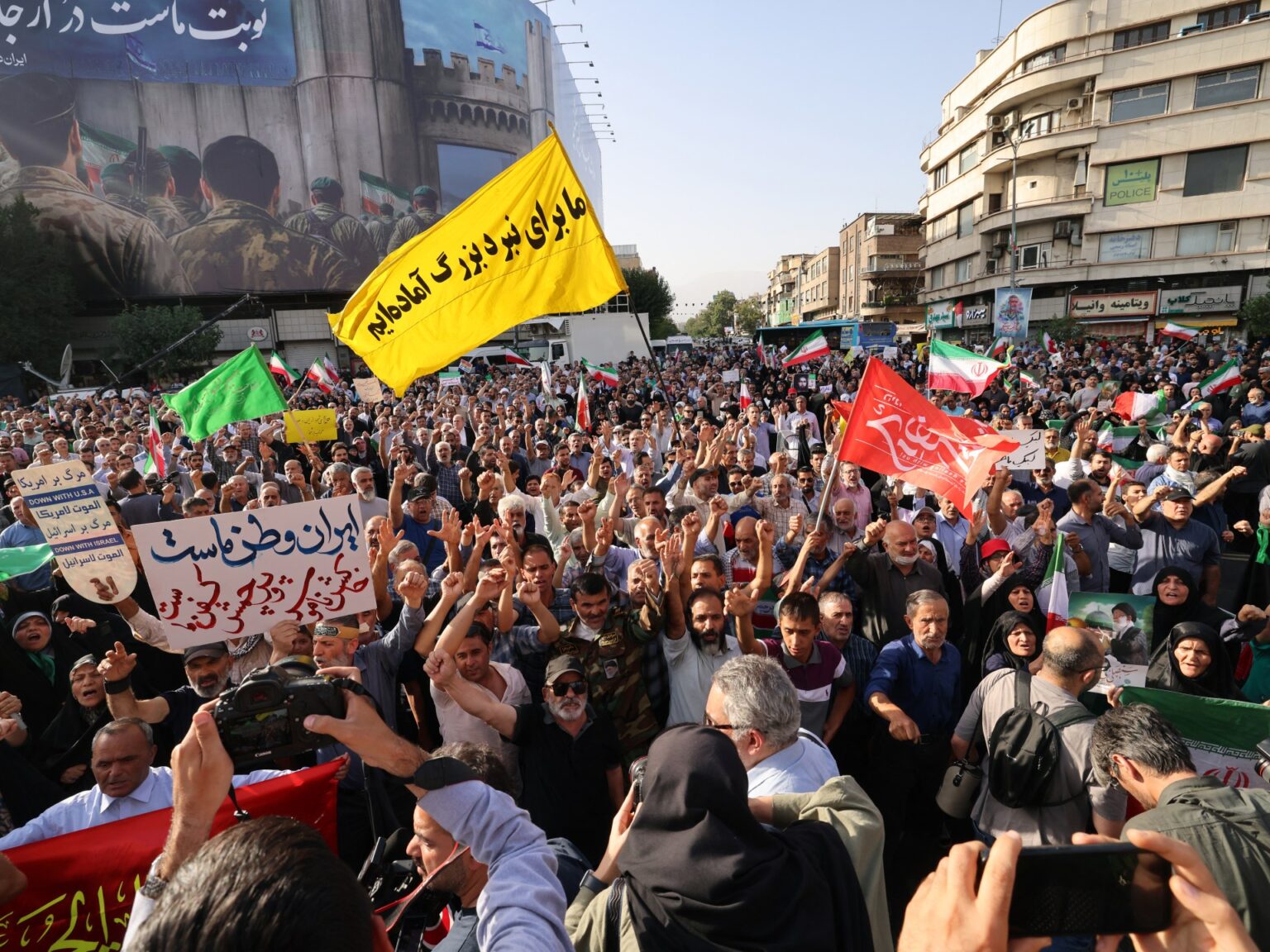France’s foreign minister says sanctions lifted under a 2015 deal would return if no breakthrough on nuclear issue.
France, the United Kingdom and Germany will reinstate harsh sanctions on Iran by the end of August if no progress is made on a nuclear deal, Western diplomats and officials say.
The economic penalties on Iran that were lifted under a 2015 agreement in return for allowing restrictions and monitoring of its nuclear programme would return by the end of next month “at the latest” if there is no breakthrough, French Foreign Minister Jean-Noel Barrot told reporters in Brussels on Tuesday.
The deadline was announced as pressure mounts on diplomats to find a new solution to Iran’s nuclear ambitions, which Tehran has reiterated are civilian in nature, in the wake of massive Israeli and United States strikes on the country last month.
“France and its partners are … justified in reapplying global embargoes on arms, banks and nuclear equipment that were lifted 10 years ago,” Barrot told reporters before a meeting with European Union foreign ministers in Brussels.
“Without a firm, tangible and verifiable commitment from Iran, we will do so by the end of August at the latest.”
Snapback provision
Under a so-called snapback provision in the 2015 deal, United Nations sanctions are able to be reimposed on Iran if Tehran does not comply with its requirements.
The British, French and German ambassadors to the UN met on Tuesday to discuss reimposing the sanctions, The Associated Press news agency reported.
The issue was also discussed in a phone call on Monday between the foreign ministers of the three countries and US Secretary of State Marco Rubio, two US officials, speaking on condition of anonymity to discuss private conversations, told the agency.
Iran’s UN mission made no comment in response to the threat of returned sanctions, AP reported.
But Iranian Foreign Minister Abbas Araghchi said in recent days that the return of UN sanctions by the European signatories of the 2015 nuclear deal would “end” Europe’s role in the Iranian nuclear issue and as a mediator between Tehran and Washington.
Iran open to US talks
The US and Iran were engaged in extended negotiations over Tehran’s nuclear programme before the Israeli strikes began in June and were joined in their latter stages with strikes by Washington. US President Donald Trump unilaterally withdrew the US from the Iran nuclear agreement in 2018 during his first term in office, declaring it too weak on Iran.
After the attacks in June, Iran suspended cooperation with the International Atomic Energy Agency, which monitors its nuclear programme.
Araghchi said in recent days that Tehran would be prepared to resume nuclear talks with Washington as long as it provides “a firm guarantee” that there would be no further attacks.
He said the Israeli and US strikes have “made it more difficult and complicated to achieve a solution”.
In a statement published by the Iranian Students’ News Agency, Iran’s parliament said on Wednesday that the country should not restart nuclear negotiations with the US until conditions are met. The report did not say what the conditions were.
Trump and his Middle East envoy, Steve Witkoff, have said talks with Iran would happen soon, but nothing has been scheduled.
In the meantime, China has said Wednesday that it will continue to support Iran in safeguarding its national sovereignty and dignity, and in “resisting power politics and bullying,” Foreign Minister Wang Yi told his Iranian counterpart Araghchi.
“China attaches importance to Iran’s commitment not to develop nuclear weapons and respects Iran’s right to peacefully use nuclear energy,” Wang said, according to a readout released by his ministry.
https://www.aljazeera.com/news/2025/7/16/france-uk-germany-to-reimpose-iran-sanctions-in-august-if-no-progress?traffic_source=rss


